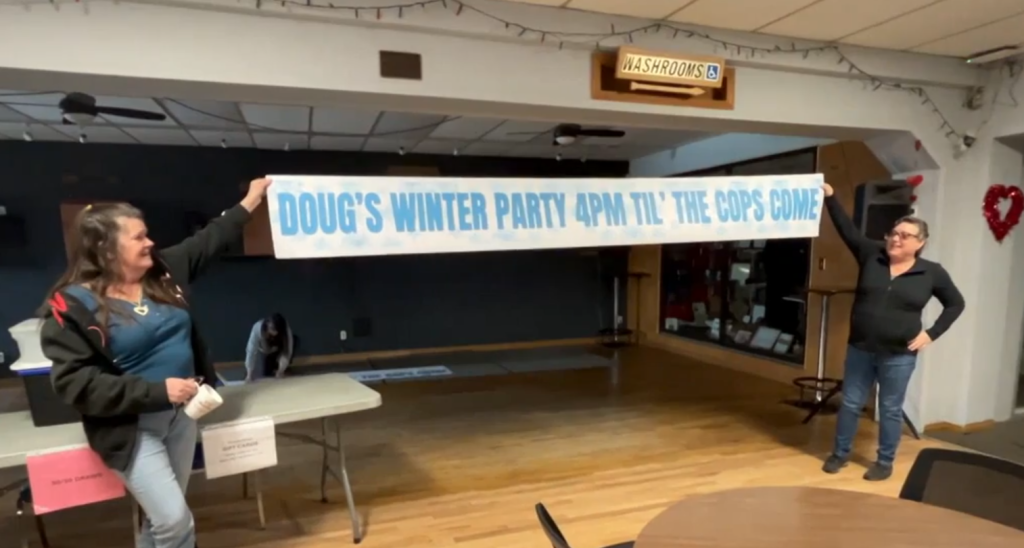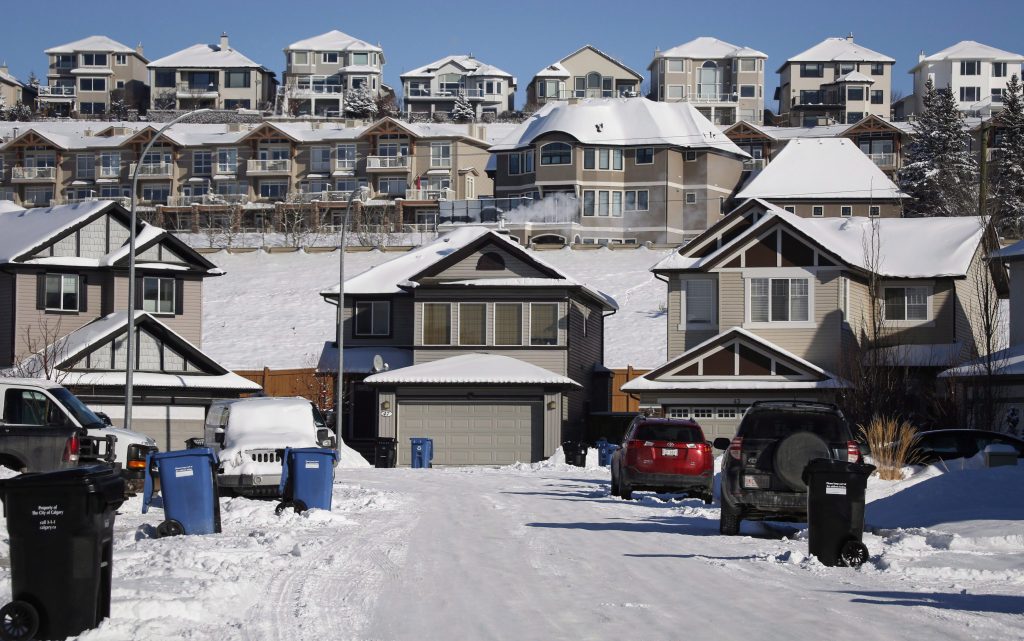Grizzly bear that killed couple in Banff National Park not well-known, old: Parks Canada

Posted Oct 3, 2023 3:03 pm.
Last Updated Oct 3, 2023 6:45 pm.
Parks Canada says the bear that killed a couple in Banff National Park was old and not known to staff.
In an update Tuesday, Natalie Fey, external media manager with Parks Canada Banff field unit says the bear was not collared or tagged.
Following a necropsy on the bear, rangers determined it to be a non-lactating older female estimated to be around 25 years old and in “fair body condition.” The average lifespan of a grizzly bear is 25 years.
Fey says the bear’s teeth were in poor condition, and notes she had “less than normal body fat for this time of year.”
Related Stories:
-
Two killed in bear attack at Banff National Park, grizzly euthanized: Parks Canada
-
Husband and wife killed in Banff bear attack
She confirms the bear killed was the one that killed the couple.
“DNA samples from the bear have been sent to the lab [to] confirm that it was the animal responsible for the attack,” Fey’s statement reads.
“Updated results from these studies will only be provided if they differ from the information shared to date.”
In addition, she says the names of the couple are not being released out of respect for the victims and their families.
“The incident happened in a remote wilderness location and there were no witnesses. We will never know the full details of what led to the attack and will not speculate,” she said.
“This incident is a tragedy, and our sincere condolences go out to the families of the victims.”
The federal agency said in an earlier statement that its dispatchers received an alert at about 8 p.m. Friday from an inReach GPS device about a bear attack west of Ya Ha Tinda Ranch, which is about 200 kilometres northwest of Calgary.
It immediately sent its Wildlife Human Attack Response (WHAR) Team to the area by ground because weather conditions in the mountains prevented it from using a helicopter. The team arrived at about 1 a.m. Saturday and found the two people dead, the statement said.
Watch: Husband and wife killed in bear attack at Banff National Park

Fey says the two were travelling with their dog on a backcountry hiking and camping trip for which they had the appropriate permits. A couple of cans of bear spray were found at their site, along with food hung “appropriately.” The dog was also found dead.
In addition, there was no active bear warning or closure in place, noting the couple were in a permitted area.
“When Parks Canada staff arrived at the scene, the bear was spotted, displayed aggressive behaviour, and proceeded to charge towards the response team,” Fey said.
“This is why there was no other choice but to shoot and kill the bear on-site.”
Regarding the role of the Banff National Park’s WHAR Team, they received “advanced training and certification in firearms,” and had WHAR techniques which include wildlife attack site investigation and forensics.
Meanwhile, Parks Canada believes only one grizzly bear was present, but has closed the area in an abundance of caution.
Area Closure Notice – The Red Deer and Panther Valleys. For more information, visit https://t.co/a3YChN13Qx pic.twitter.com/QGSbQ30Gj0
— Banff National Park, Parks Canada (@BanffNP) October 1, 2023
“Bear attacks are rare occurrences. Fatal bear attacks are even less frequent,” Fey said. “Over the last 10 years, there have been three recorded non-fatal, contact encounters with grizzly bears in Banff National Park.
“These incidents were the result of surprise encounters. This incident is the first grizzly bear-caused fatality recorded in Banff National Park in decades.”
Read More: Grizzly bear attacks rare, but a risk in wilderness, experts say after Banff deaths
Parks Canada has not returned requests for comment since the incident happened, and Fey says this update will be the final one.
The last two fatal grizzly bear attacks in Alberta were both in May 2021.
A woman was attacked and killed by a bear when she was out for a walk on her private property near Water Valley, Alberta. Her death came three weeks after a University of Calgary professor was killed in the Waiparous area when he was out for a run.







